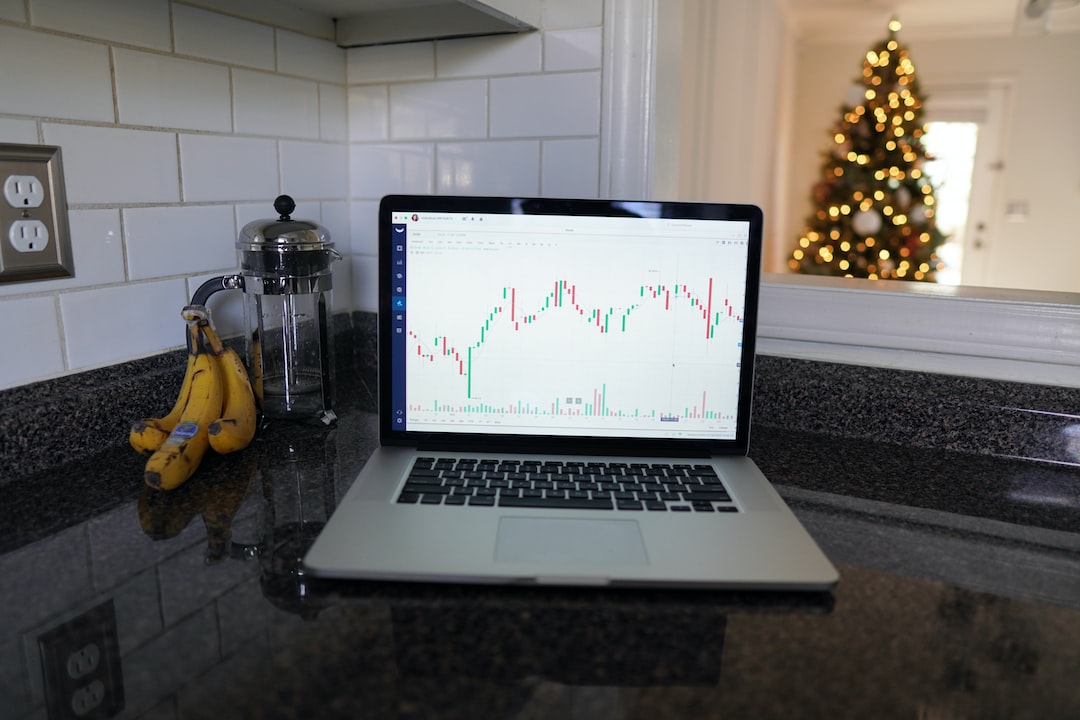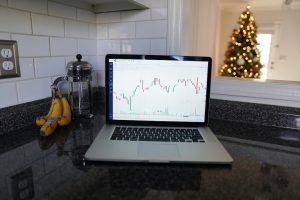The forex market is the largest financial market in the world with around $6.6 trillion traded every day. It is a decentralized market where currencies are bought and sold by individuals, corporations, and financial institutions. One important aspect of forex trading is the spread, which is the difference between the buying price (bid) and the selling price (ask) of a currency pair. Spreads can vary significantly from one broker to another, and from one currency pair to another. In this article, we will explore why spreads are so high in forex and what factors influence them.
Firstly, it is important to understand that forex brokers make money through spreads. Brokers act as intermediaries between traders and liquidity providers, such as banks and other financial institutions. When traders place their orders, brokers match them with the liquidity providers who offer the best prices. Brokers add a markup to these prices, which is their commission, and this is how they earn their profits. This markup is reflected in the spread.
One reason why spreads are high in forex is the high volatility of the market. Currency prices can fluctuate rapidly and unpredictably, especially during major news events or economic data releases. When there is a lot of uncertainty in the market, liquidity providers may widen their spreads to protect themselves from potential losses. This means that brokers also have to widen their spreads to maintain their profit margins. Traders who want to trade during volatile periods may have to pay higher spreads as a result.
Another factor that affects spreads in forex is the liquidity of the currency pair being traded. Currency pairs with high trading volumes, such as EUR/USD, GBP/USD, and USD/JPY, tend to have lower spreads because there are many buyers and sellers in the market. On the other hand, currency pairs with low trading volumes, such as exotic currencies, may have higher spreads because there are fewer market participants. This means that it may be more difficult for brokers to find liquidity providers who offer competitive prices.
The time of day can also influence spreads in forex. During the Asian trading session, for example, liquidity providers in Europe and the US may not be as active, which can lead to wider spreads. Similarly, during major news events or economic data releases, spreads can widen significantly as liquidity providers adjust their prices to reflect the new information. Traders who want to avoid high spreads may choose to trade during low volatility periods or in between major news events.
Lastly, regulatory requirements can also impact spreads in forex. Brokers are required to hold a certain amount of capital to ensure that they can meet their obligations to clients. The more capital a broker has, the more competitive their pricing can be. However, holding a large amount of capital can be costly for brokers, and this cost may be passed on to traders in the form of wider spreads. Additionally, some jurisdictions may have stricter regulatory requirements than others, which can also affect spreads.
In conclusion, spreads are an important aspect of forex trading that can impact a trader’s profitability. Spreads can vary significantly from one broker to another, and from one currency pair to another. High volatility, low liquidity, time of day, and regulatory requirements are all factors that can influence spreads in forex. Traders should be aware of these factors when choosing a broker and trading strategy. They should also monitor spreads regularly to ensure that they are getting the best possible prices.





